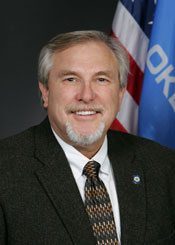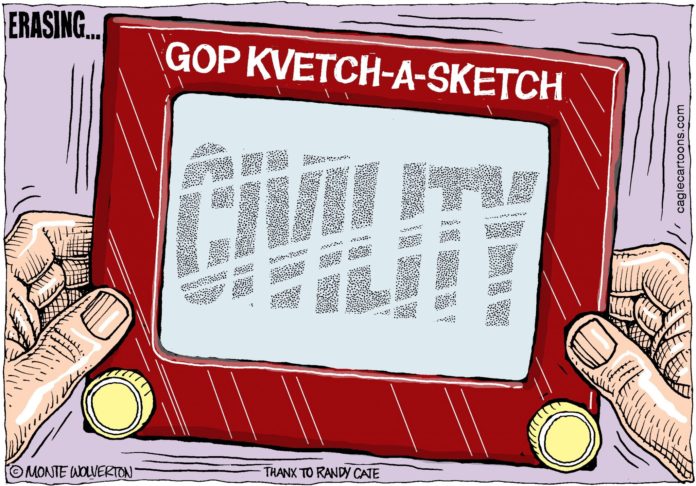BY DAVID PERRYMAN
 A few nights ago a small rural community near you convened its regular monthly meeting. It is a good town populated by good people and normally town meetings there draw half a dozen people who are interested in local government and about that many more who are bored with NCIS or Chicago Fire reruns and simply drop by to check out the agenda.
A few nights ago a small rural community near you convened its regular monthly meeting. It is a good town populated by good people and normally town meetings there draw half a dozen people who are interested in local government and about that many more who are bored with NCIS or Chicago Fire reruns and simply drop by to check out the agenda.
The town council serves without compensation and, like most cities and towns, has trouble finding volunteers willing to devote the time necessary to serve on the various municipal commissions or boards.
Uneventful meetings have two connotations. First, they mean that citizens are basically happy with the number of potholes being filled and the current water and sewer rates. But they also mean that most citizens disengage from day to day issues faced by their local government, including lagging tax revenue and increasing expenses.
On this late fall evening, the council would be discussing a decline in sales tax revenue and cuts to a state grant program that would impact senior nutrition. They planned to consider ways to bring the budget into line with available income. Rumor was that the budget review could end up affecting a number of employees and the way that services were delivered.
As the time for the meeting approached, the audience swelled to four times its normal size.
The agenda had been posted according to the Oklahoma Open Meeting Act because that is what the town does to comply with law. Someone led a Christian prayer because that is what God expected. Everyone pledged allegiance to the flag because that is what patriotic people do.
It could have happened anywhere in Oklahoma, but at the appointed time, as the mayor called the agenda item to allow citizen comments, all incivility broke out. The citizens, young and old, became an angry mob hurling accusations and insinuations at the council.
The din grew louder and more boisterous as the crowd jeered, cut off and spoke over explanations by the governing body.
In the instant that the meeting had gone from order to chaos, it became apparent that these citizens, like so many others, were “communicating” according to the method that they had learned from Jerry Springer and Rush Limbaugh and Fox News. Everyone “spoke” and no one “listened.”
At once, the atmosphere had been transformed into something akin to a presidential debate where volume is equated to correctness, repetitive catchphrases substitute for knowledge and vitriolic barbs are thrown to display bold leadership.
Sadly, civility and political correctness became the target of scorn and scoff and there was a total lack of communication.
Shannon Alder wrote: “If there is no communication then there is no respect. If there is no respect then there is no caring. If there is no caring then there is no understanding. If there is no understanding then there is no compassion. If there is no compassion there is no empathy. If there is no empathy then there is no forgiveness. If there is no forgiveness then there is no kindness. If there is no kindness, then there is no honesty. If there is no honesty then there is no love. If there is no love then God doesn’t reside there. If God doesn’t reside there then there is no peace. If there is no peace then there is no happiness. If there is no happiness then there is conflict because there is no communication.”
This holiday season is the perfect time for a Christmas wish of civility in communication, politically, religiously and educationally because it, too, could happen anywhere.
– David Perryman, a Chickasha Democrat, serves District 56 in the Oklahoma House of Representatives








